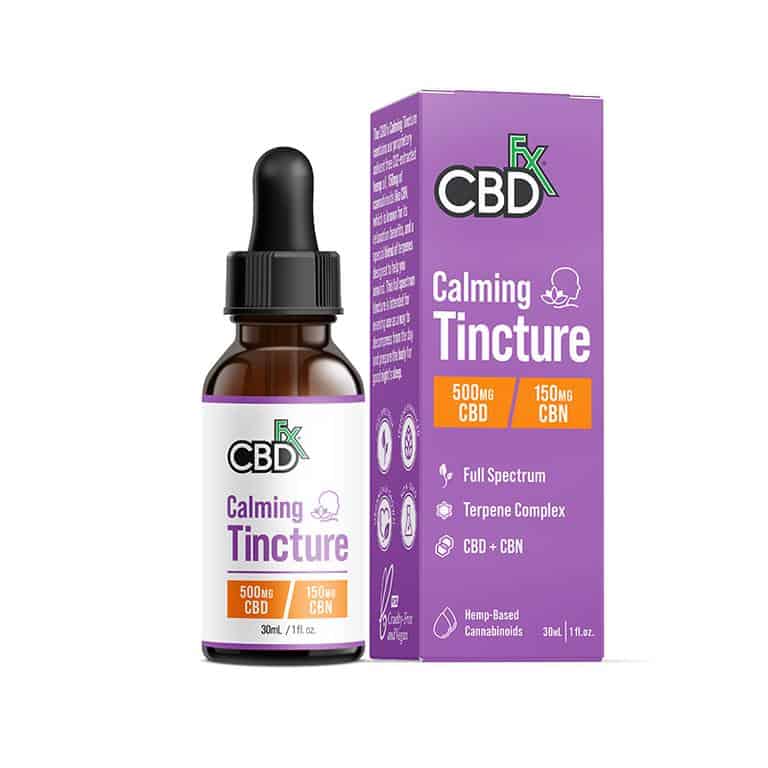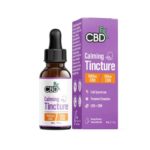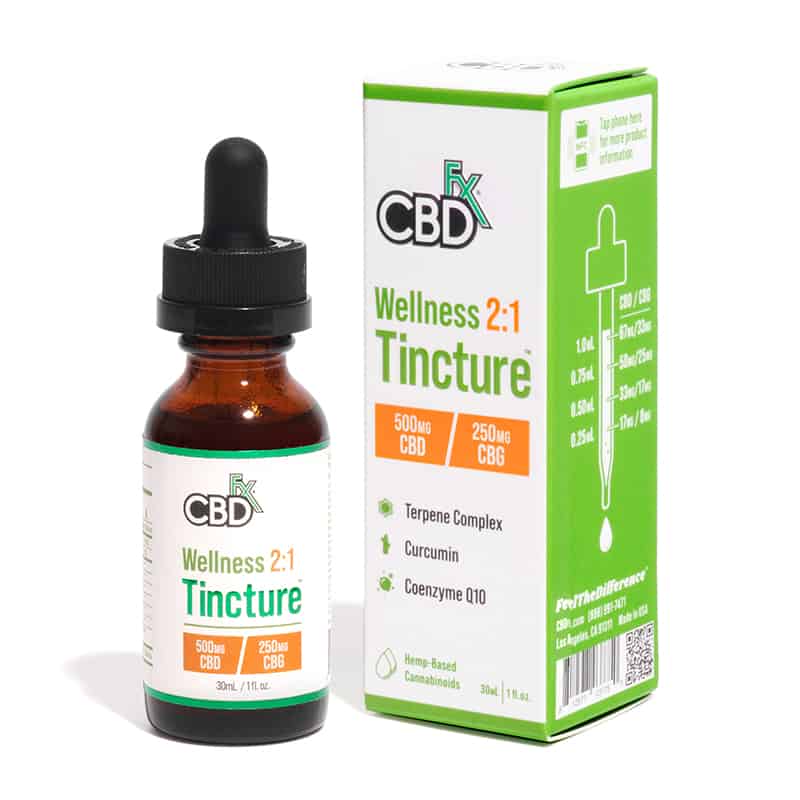
Uses and Benefits of CBD Oil
- Relief from Pain and Inflammation
- Anxiety and Stress Reduction
- Sleep Improvement
- Neurological Benefits
- Skin Health Enhancement
- Potential Cancer-related Benefits
- Heart Health and Blood Pressure Regulation
- Addiction and Substance Abuse Support
- Potential Anti-Inflammatory Effects
- Overall Wellness and Homeostasis
- Conclusion
CBD oil, a derivative of the cannabis plant, has gained significant attention in recent years for its potential health benefits. Unlike its counterpart, THC, CBD is non-psychoactive, meaning it doesn’t induce the “high” commonly associated with cannabis use. This aspect, coupled with its potential therapeutic effects, has led to a surge in interest in CBD products for various health and wellness purposes. In this article, we will delve into the numerous benefits of CBD oil, exploring its impact on pain relief, anxiety reduction, sleep improvement, neurological health, skin enhancement, potential cancer-related benefits, heart health, addiction support, anti-inflammatory effects, and overall wellness promotion.
This post is intended as information and for general knowledge only. It is not a substitute for medical advice, diagnosis, or treatment. It is recommended that you talk to a healthcare professional about this before introducing cannabinoids into your daily routine (especially if you have been diagnosed with any medical conditions or are under any medication). It is not recommended to drive or operate any machinery when using cannabis- or hemp-derived products. Use responsibly!
Relief from Pain and Inflammation
One of the primary benefits of CBD oil lies in its potential to alleviate pain and inflammation. CBD interacts with the endocannabinoid system (ECS), a complex network of receptors and molecules involved in regulating various bodily functions, including pain perception. CBD’s interaction with ECS receptors, such as CB1 and CB2 receptors, influences neurotransmitters’ release, leading to reduced pain signals. Numerous studies have demonstrated CBD’s efficacy in providing relief from chronic pain conditions. Conditions like arthritis, neuropathic pain, and musculoskeletal pain have shown improvements with CBD treatment. Moreover, CBD’s anti-inflammatory effects make it a promising candidate for managing conditions with underlying inflammation, such as inflammatory bowel disease and autoimmune disorders.
Anxiety and Stress Reduction
CBD’s potential impact on mood and stress responses has garnered attention for its anxiety-reducing effects. By modulating ECS activity, CBD influences the regulation of stress hormones and neurotransmitters. Notably, CBD’s interaction with serotonin receptors plays a crucial role in reducing anxiety and enhancing mood. Research has showcased CBD’s potential in alleviating symptoms of anxiety disorders like generalized anxiety disorder (GAD), social anxiety, and post-traumatic stress disorder (PTSD). Real-world anecdotes further support CBD’s anxiety-reducing properties, with many individuals reporting a sense of calm and relaxation after CBD use.
Sleep Improvement
The relationship between CBD and sleep regulation is an area of growing interest. CBD’s interaction with ECS receptors, particularly those involved in sleep cycles, suggests its potential in addressing sleep disorders. Insomnia and sleep fragmentation, common sleep issues, could potentially benefit from CBD’s calming and sleep-inducing effects. Clinical trials have demonstrated promising results regarding CBD’s impact on sleep duration and quality. Particularly in cases of insomnia and sleep disturbances, CBD’s ability to modulate sleep cycles, including the important rapid eye movement (REM) phase, holds potential for improving sleep patterns.
Neurological Benefits
CBD’s interaction with neurological receptors opens doors to potential neuroprotective effects. Notably, CBD’s anticonvulsant properties have led to its use in managing epilepsy and seizures, even in cases of treatment-resistant epilepsy like Dravet syndrome. Ongoing research explores CBD’s possible benefits in neurodegenerative diseases, offering hope for conditions like Alzheimer’s and Parkinson’s. Patient testimonials shed light on CBD’s impact on cognitive function and quality of life, showcasing improvements in memory, clarity, and overall well-being. However, it’s important to note that while these results are promising, more comprehensive studies are needed to fully understand CBD’s role in neurological health.
Skin Health Enhancement

The ECS’s role in maintaining skin health highlights CBD’s potential in skincare. CBD’s anti-inflammatory properties are particularly relevant for conditions like acne, eczema, and psoriasis. By reducing inflammation, CBD may alleviate skin issues and promote healing. CBD’s antioxidant effects contribute to skin rejuvenation and anti-aging, making it a valuable addition to skincare routines. Topical CBD products, such as creams and balms, offer targeted relief for localized skin concerns, enhancing their effectiveness.
Potential Cancer-related Benefits
While not a replacement for conventional cancer treatments, CBD is being explored as a potential complementary therapy in cancer care. Studies suggest CBD’s ability to alleviate side effects of cancer treatments, such as nausea, vomiting, and pain. Moreover, CBD’s potential to inhibit the growth of certain cancer cells through mechanisms like apoptosis holds promise for future research. However, the field of CBD’s role in cancer management requires further rigorous investigation. While early findings are encouraging, caution is advised in fully understanding CBD’s impact on cancer treatment outcomes.
Heart Health and Blood Pressure Regulation
CBD’s potential impact on cardiovascular health is linked to its interaction with ECS receptors. Studies indicate CBD’s ability to reduce blood pressure, improving overall heart health. Additionally, CBD’s role in managing conditions related to metabolic syndrome, like obesity and type 2 diabetes, adds to its potential cardiovascular benefits. Ongoing research seeks to elucidate CBD’s effects on heart function and vascular health, potentially paving the way for innovative approaches to heart disease prevention and management.
Addiction and Substance Abuse Support
CBD’s influence on brain reward pathways positions it as a potential tool in addiction treatment. Research indicates CBD’s potential to reduce withdrawal symptoms in substance use disorders, offering hope for those struggling with addiction. By modulating brain circuits associated with addiction and craving, CBD may contribute to harm reduction strategies. Importantly, CBD’s non-addictive nature sets it apart from substances of abuse, making it a unique candidate for addiction support.
Potential Anti-Inflammatory Effects
Beyond its targeted anti-inflammatory effects, CBD showcases broader potential in modulating the immune response and addressing systemic inflammation. Autoimmune diseases like rheumatoid arthritis and multiple sclerosis have emerged as areas where CBD may hold therapeutic promise. Animal studies and early clinical trials provide valuable insights intoCBD’s potential anti-inflammatory effects, fueling further research in this dynamic field.
Overall Wellness and Homeostasis

CBD’s holistic approach to enhancing overall well-being stems from its interaction with ECS receptors throughout the body. By supporting ECS function, CBD aids in maintaining homeostasis, the body’s internal balance. Regular CBD users report improved mood, energy levels, and focus, reflecting the anecdotal benefits attributed to CBD. As research continues to uncover the intricacies of the ECS and CBD’s role in promoting balance, the potential for enhancing overall wellness becomes increasingly clear.
Conclusion
In conclusion, CBD oil offers a wide array of benefits across various areas of health and wellness. From pain relief and anxiety reduction to neurological health support and skin enhancement, CBD’s potential knows no bounds. As interest in CBD products continues to grow, it’s important to approach their use with guidance from healthcare professionals, especially for specific medical conditions. The dynamic nature of CBD research ensures that our understanding of its applications and benefits will evolve, opening doors to new possibilities for improving quality of life.
Also interesting:
THC vs THCA: Navigating the Complex World of Cannabis Compounds
CBD vs CBG: Exploring the Differences and Benefits















